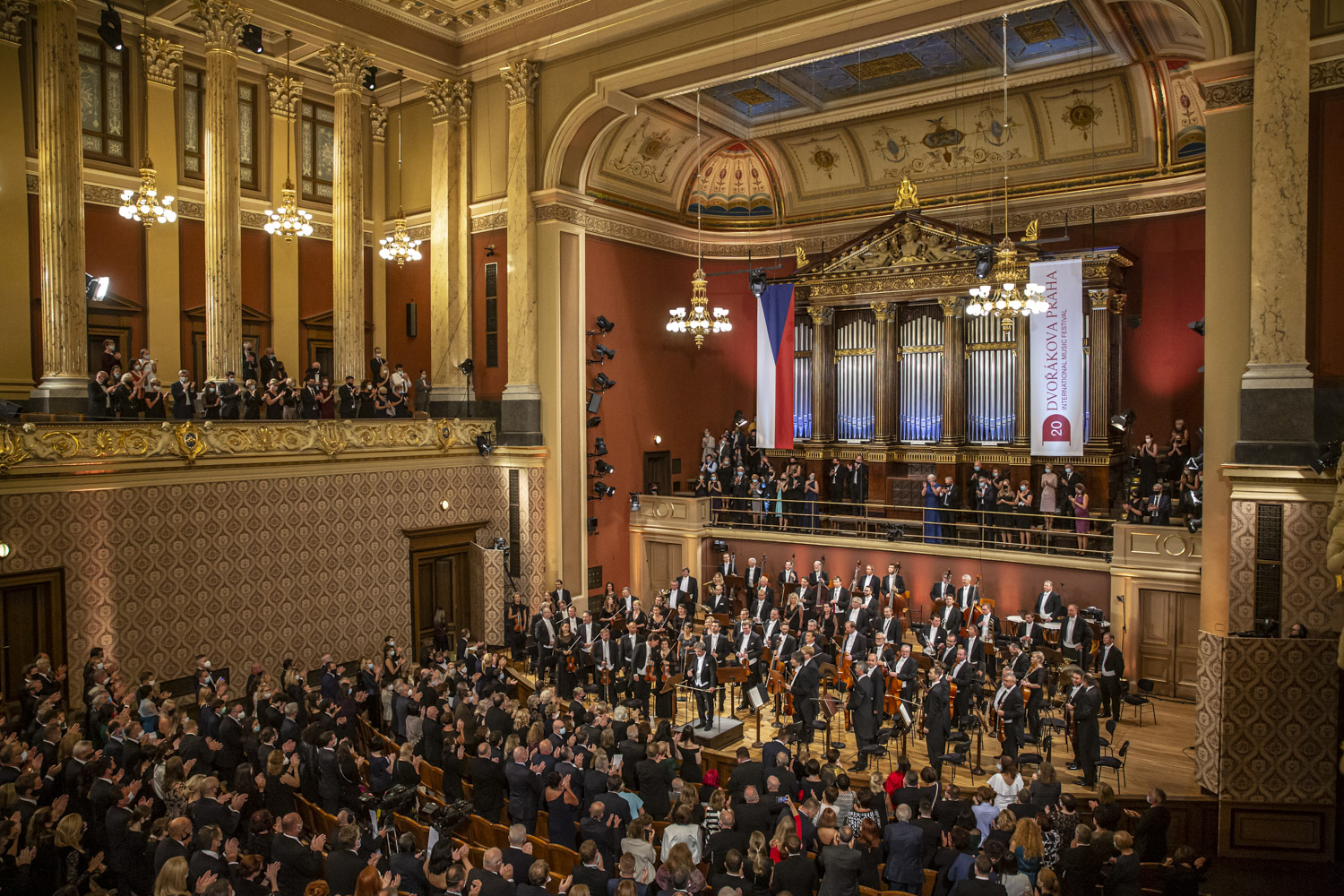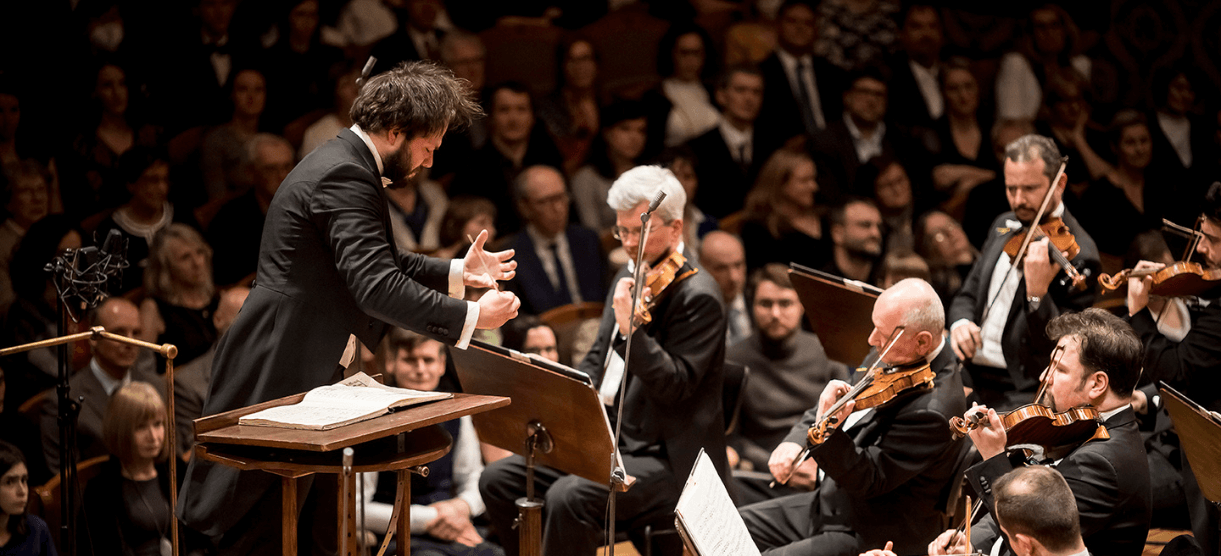
Johannes Brahms: Piano Concerto No. 1 in D Minor, Op. 15
Vítězslav Novák: De profundis – symphonic poem, Op. 67
Antonín Dvořák: Te Deum, Op. 103, B. 176
With the slogan “A hundred years is just the beginning”, Czech Radio is inviting you to a shared celebration of the 100th anniversary of the launch of regular radio broadcasting. In cooperation with Czech Radio, the Dvořák Prague Festival has prepared the musical climax of the celebrations that will have not just a historical dimension, but also a cultural and societal scope.
When Johannes Brahms, aged 35, finished composing his Piano Concerto No. 1, it seemed to confirm the prophetic words of his mentor and friend Robert Schumann, who had described him as “a darling of the muses”. Schumann had predicted that Brahms’s mastery of music would not develop gradually, but rather would appear suddenly, shining in all its glory. And indeed, Brahms’s First Piano Concerto astounds with its urgency and perfection, to which there is nothing more to add. Perhaps only the hands and mind of an outstanding pianist and a conductor, if they grasp this symphonic monument properly and send it out to the audience in all its glory. British pianist Paul Lewis, who is closely associated with Wigmore Hall in London, rose to fame when he played all five of Beethoven’s concertos at the BBC Proms. Therefore, Brahms’s music should logically follow this success.
Conductor Petr Popelka has energetically shaped the current face of the Prague Radio Symphonic Orchestra, and after the spectacular completion of the Brahms 190 Concert Series, the Dvořák Prague festival will draw to a close. De Profundis, a symphonic poem by Vítězslav Novák, will be performed, calling from the depths of humility. This will be immediately followed by the festive Te Deum, written by his teacher, Antonín Dvořák, in celebration of the success of this year’s festival and in anticipation of the next one.
The Prague Radio Symphony Orchestra (SOČR) is one of the most distinguished Czech orchestras of today. Since the 2022/2023 season, the ensemble has been led by Petr Popelka as its Chief Conductor and Artistic Director, with Robert Jindra serving as Principal Guest Conductor for a second consecutive year.
During the 2024/2025 concert season, SOČR will welcome numerous renowned artists, including acclaimed violinist Isabelle Faust and violinist-conductor Renaud Capuçon. Other notable guests include Dutch pianist brothers Lucas and Arthur Jussen, conductor Han-na Chang, and conductor and organist Wayne Marshall. A highlight of the season is the concert performance of the third act of Wagner’s Tristan und Isolde, completing a trilogy that began in previous seasons with the first and second acts. Leading roles will be performed by Michael Weinius and Elisabeth Teige. In addition to these international stars, SOČR will also collaborate with prominent Czech soloists such as soprano Kateřina Kněžíková, baritone Adam Plachetka, and violinist Josef Špaček.
In recent years, SOČR has collaborated with leading Czech and international conductors, such as Tomáš Netopil, Petr Altrichter, Jakub Hrůša, Cornelius Meister, Alexander Liebreich, Stephan Asbury, Ion Marin, Michał Nesterowicz, Anu Tali, Wayne Marshall, Omer Meir Wellber, Ilan Volkov, and Eva Ollikainen.
Renowned soloists who have performed with the orchestra include pianist Krystian Zimerman; violinists Pierre Amoyal, Frank Peter Zimmermann, Patricia Kopatchinskaja, Gidon Kremer, and María Dueñas; cellists Gautier Capuçon, Daniel Müller-Schott, István Várdai, and Steven Isserlis; trombonist Christian Lindberg; and jazz musician Avishai Cohen. Vocal soloists have included stars such as Renée Fleming, Elīna Garanča, José Cura, Juan Diego Flórez, Dmitri Hvorostovsky, and Jonas Kaufmann. The orchestra frequently works with Czech artists such as Lukáš Vondráček, Ivo Kahánek, Jan Bartoš, Josef Špaček, Jan Mráček, Tomáš Jamník, Adam Plachetka, Simona Šaturová, Kateřina Kněžíková, Petr Nekoranec, and Vilém Veverka.
SOČR is dedicated to supporting contemporary Czech composers, commissioning and regularly performing works by Miroslav Srnka, Ondřej Adámek, Pavel Zemek Novák, Jan Ryant Dřízal, Šimon Voseček, and Jana Vöröšová.
The orchestra boasts an extensive recording portfolio. Notable recent recordings include a Hyperion Records release featuring harpsichordist Mahan Esfahani and conductor Alexander Liebreich with works by Viktor Kalabis, Hans Krása, and Bohuslav Martinů, which was selected as Editor’s Choice by Gramophone magazine. Noteworthy is the album Mysterium of Time, featuring music by Miloslav Kabeláč and complementing SOČR’s acclaimed complete recording of his symphonies (Supraphon, 2016).
In 2023, the orchestra recorded an album with violinist Josef Špaček and pianist Miroslav Sekera, presenting chamber and orchestral works by Bohuslav Martinů. That same year, it recorded Jan Novák’s Concertos, conducted by Tomáš Netopil and featuring Novák’s daughters, Dora and Clara Nováková. Both recordings were released by Supraphon.
To mark the 200th anniversary of Bedřich Smetana’s birth, SOČR recorded his opera The Two Widows. The recording, conducted by Robert Jindra and featuring soloists Kateřina Kněžíková, Pavol Breslik, Adam Plachetka, Jana Sibera, Petr Nekoranec, and the National Theatre Chorus, was broadcast on Czech Radio Vltava and will be released on CD.
SOČR presents concerts as part of subscription series at major Prague venues, including the Dvořák Hall of the Rudolfinum, Smetana Hall of the Municipal House, Bethlehem Chapel, as well as individual concerts at DOX+ and Czech Radio’s Studio 1.
The orchestra is a regular guest at prestigious festivals such as the Prague Spring International Music Festival, Dvořák Prague International Music Festival, Smetana’s Litomyšl, Leoš Janáček International Music Festival, and the Český Krumlov International Music Festival.
Internationally, SOČR frequently performs at major European venues and regularly tours in Japan, continuing to strengthen its reputation on the global stage.
source: Symfonický orchestr Českého rozhlasu
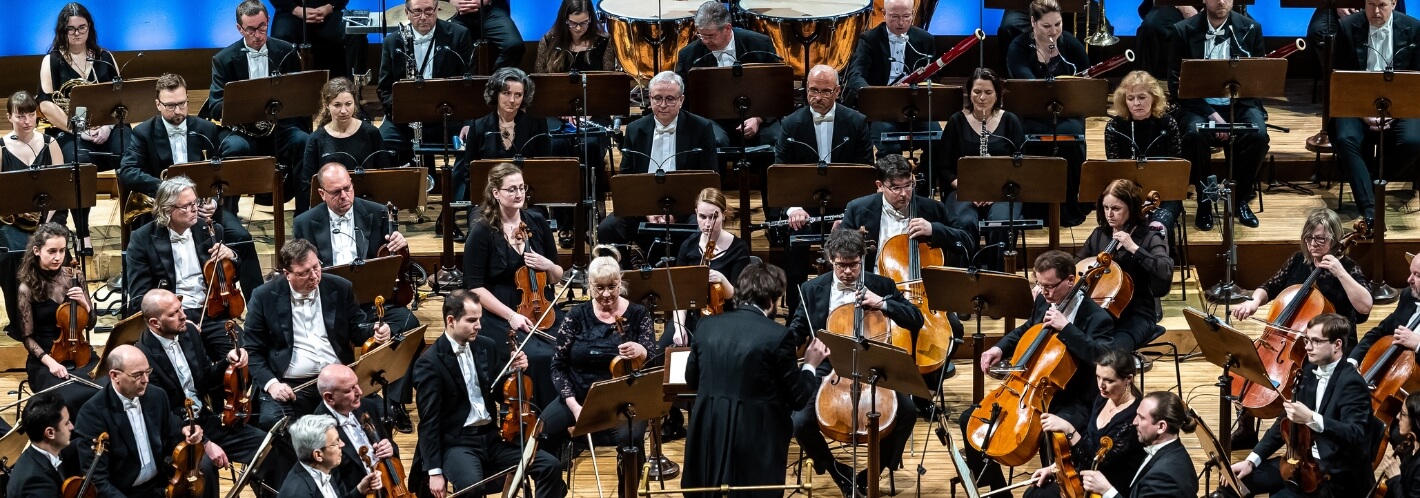
Within just two seasons and despite the pandemic, Petr Popelka established himself as one of the most inspiring young conductors. He has been Chief Conductor of the Norwegian Radio Orchestra (KORK) since August 2020 and will become Chief Conductor and Artistic Director of the Prague Radio Symphony Orchestra, starting September 2022. He is also Principal Guest Conductor of the Janáček Philharmonic Orchestra Ostrava.
In the 2021/2022 season, Petr Popelka returned to the NDR Elbphilharmonie Orchester, Danish National Symphony Orchestra, Bergen Philharmonic Orchestra, Prague Radio Symphony Orchestra, FOK Prague Symphony Orchestra, and Aalborg Symphony Orchestra. He made his debut with renowned orchestras such as the Deutsche Radio Philharmonie, Staatskapelle Weimar, Mozarteumorchester Salzburg, Orchestre de Chambre de Lausanne, Sinfonieorchester St. Gallen and Helsingborg Symphony Orchestra. Past debuts include orchestras such as Sächsische Staatskapelle Dresden, Wiener Symphoniker and Arctic Philharmonic as well as Prague National Theatre with Dvořák’s Rusalka.
Operatic engagements have taken him to the Prague National Theatre for a new production of Bizet’s Carmen and a series of Le nozze di Figaro by Mozart. In addition, he will conduct a new production at Semperoper Dresden.
In the 2019/2020 season, Petr Popelka was the first ever Conductor Fellow of the NDR Elbphilharmonie Orchester. Having devoted himself increasingly to conducting since 2016, it was only a year later that Petr Popelka was awarded the Gstaad Menuhin Festival Academy’s Neeme Järvi Prize 2017. His new career path was particularly encouraged and nurtured by Vladimir Kiradjiev and Alan Gilbert, and master classes with Peter Eötvös, Jaap van Zweden and Johannes Schlaefli also had a formative influence on his development as a conductor.
Petr Popelka acquired his music education both in his hometown of Prague as well as in Freiburg. Between 2010 and 2019 he held the position of deputy principal double bass of the Sächsische Staatskapelle Dresden. Next to conducting, his work as a composer plays another important role within Petr Popelka’s artistic range.
The Czech Philharmonic Choir of Brno choir represents the absolute pinnacle of choral artistry not only domestically, but also in a worldwide context. The conductors, orchestras, and soloists the orchestra has collaborated with speak of the choir in superlatives. Music critics primarily acclaim the compactness of sound and the wide range of expressive resources at their disposal. The Czech Philharmonic Choir of Brno (founded in 1990) appears at all prestigious European festivals and at important concerts, and the ensemble is always able to thrill audiences with its extraordinary musical feeling.
The man behind the choir’s successes is its founder, choirmaster and director Petr Fiala (1943). A graduate of the Brno Conservatoire and of the Janáček Academy of Performing Arts in Brno (piano, composition, conducting), he has written 200 compositions. He has been active as a choirmaster and conductor for nearly 60 years.
The second choirmaster of the Czech Philharmonic Choir of Brno is Joel Hána.
The choir focuses on performing the oratorio, cantata, and opera repertoire. Thanks to its excellence, the choir gives more than 90 concerts each year at home and abroad, collaborating with the world’s top orchestras and conductors.
The choir has an extensive discography and has won numerous awards. In 2007 it received two important European prizes – Echo Klassik for Ensemble of the Year 2007 (performances of Bruckner’s motets) and Recording of the Year 2007 for Liszt’s oratorio Christus. The choir has also won prizes on other continents. In September 2011, the Japanese music criticism journal Geijutsu Disc Review awarded the choir the prestigious Tokusen Award for their live recording of Dvořák’s Requiem. The Czech Philharmonic Choir of Brno won a prestigious 2019 Classic Prague Award in the Vocal Performance category.
The activity of the Czech Philharmonic Choir of Brno is supported financially by the South Moravia Region, the City of Brno, and the Czech Ministry of Culture. The General Partner of the Czech Philharmonic Choir of Brno is the company TESCAN ORSAY HOLDING, a.s.
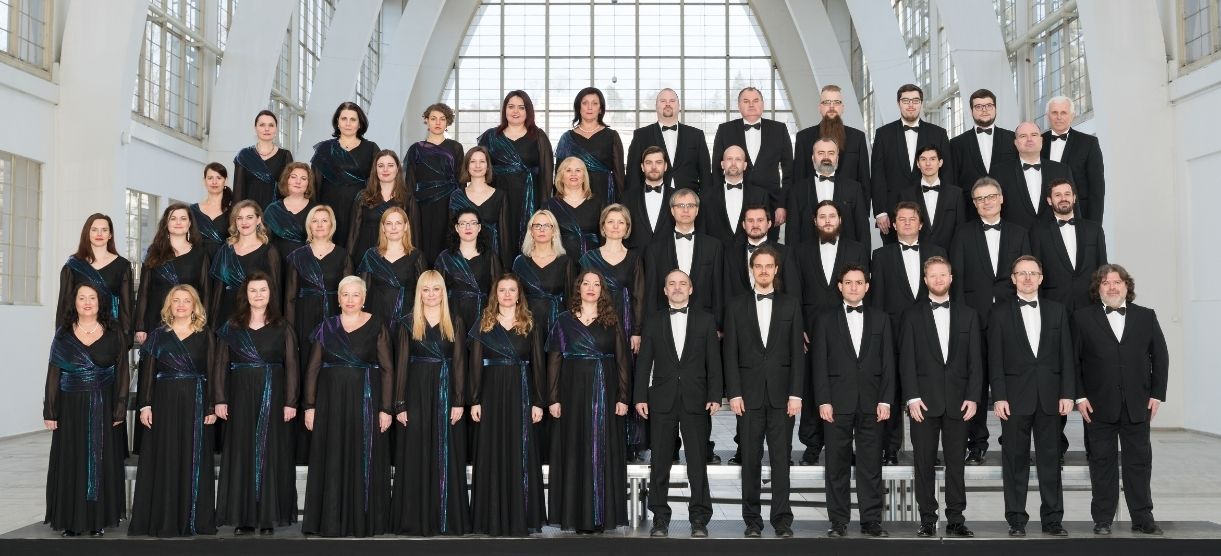
The choirmaster and conductor Petr Fiala (*1943) graduated from the Brno Conservatoire (piano, composition, conducting), and in 1971 he completed his studies at the Janáček Academy of Performing Arts in the studio of Prof. Jan Kapr. Besides teaching (he was a professor at the Brno Conservatoire) and composing (he has written nearly 200 works), he has been working intensively for over 50 years as a choirmaster and conductor. As a composer and conductor, Petr Fiala is a laureate of several national and international competitions, and he works as an instructor at conducting courses and as a member of international competition juries.
He is invited to guest conduct Czech and foreign orchestras and choirs for performances of works for voices and orchestra. In 1990 he founded the Czech Philharmonic Choir of Brno, and under his leadership the choir has earned a place among Europe’s finest choral ensembles. In 2009 he received the Order of Saints Cyril and Methodius from the Czech Bishops’ Conference for his outstanding achievements as a conductor and composer. In 2013 Petr Fiala received the Brno City Prize in the field of music for his many years of artistic activity and representation of the city of Brno, and in 2016 he received the South Moravian Region Award for significant representation of the South Moravian Region in the realm of culture.
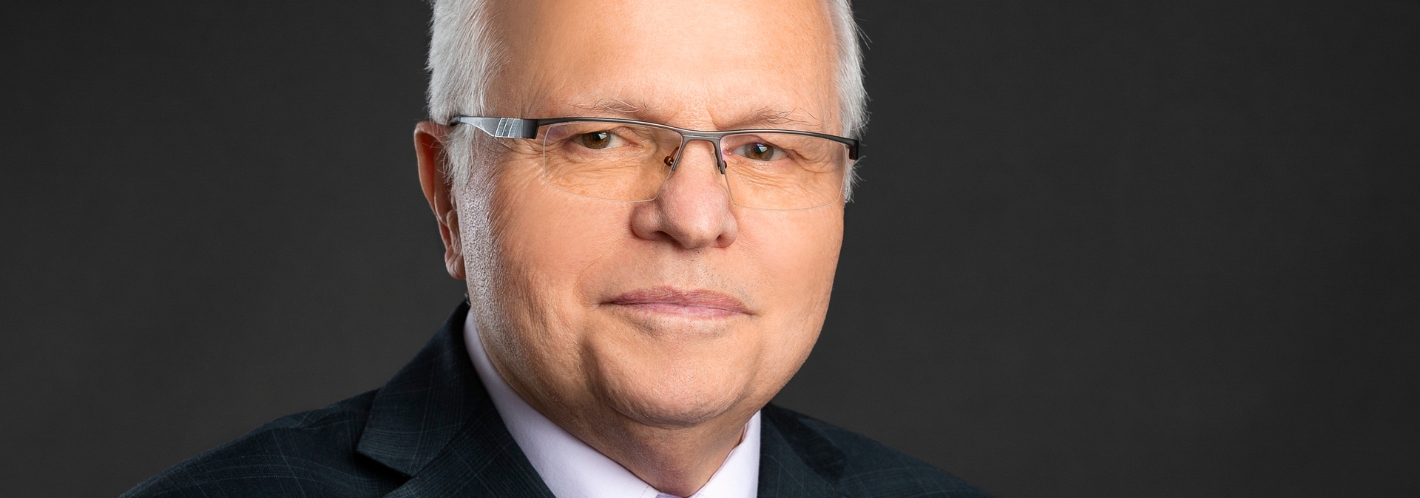
"Lewis is a wonderfully unfussy and straightforwardly lucid interpreter of these great works, judicious with his rubato, and never imposing unnecessary mannerisms on the music; whether structurally or texturally everything is consistently uncluttered."
The Guardian
Paul Lewis is one of the foremost interpreters of the Central European piano repertoire, his performances and recordings of Beethoven and Schubert receiving universal critical acclaim. He was awarded a CBE for his services to music, and the sincerity and depth of his musical approach have won him fans around the world.
This global popularity is reflected in the world-class orchestras with which he works, including the Berlin Philharmonic, Chicago Symphony, London Symphony, Philharmonia, Bavarian Radio Symphony, NHK Symphony, New York Philharmonic, LA Philharmonic, Royal Concertgebouw and Leipzig Gewandhaus orchestras. His close relationship with the Boston Symphony Orchestra led to his selection as the 2020 Koussevitzky Artist at Tanglewood.
With a natural affinity for Beethoven, Lewis took part in the BBC’s three-part documentary Being Beethoven and performed a concerto cycle at Tanglewood in summer 2022. He has performed the cycle all over the world, and was the first pianist to play the complete cycle in a single season at the BBC Proms in 2010.
Beyond many award-winning Beethoven recordings, his discography with Harmonia Mundi also demonstrates his characteristic depth of approach in the Romantic repertoire such as Schumann, Mussorgsky, Brahms and Liszt.
Between 2022 and 2024, Lewis embarked on a Schubert Piano Sonata Series, presenting the completed sonatas from the last 12 years of Schubert’s life at venues around the world. The cycle continues into 2025, when he will also perform the premiere of a new piano sonata by Thomas Larcher.
In chamber music, he works closely with tenor Mark Padmore in lied recitals around the world – they have recorded three Schubert song cycles together – and he is co-artistic director of Midsummer Music, an annual chamber music festival held in Buckinghamshire, UK.
Awards
Royal Philharmonic Society Instrumentalist of the Year; two Edison awards; three Gramophone awards; Diapason d’Or de l’Annee; South Bank Show Classical Music Award; honorary degrees from Liverpool, Edge Hill and Southampton universities; appointed Commander of the Order of the British Empire (CBE) in the 2016 Queen’s Birthday Honours
Recital venues
Royal Festival Hall, Alice Tully Hall, Carnegie Hall, Musikverein, Konzerthaus, Théâtre des Champs- Élysées, Concertgebouw, Berliner Philharmonie and Berlin Konzerthaus
Festivals: Tanglewood, Ravinia, Schubertiade, Edinburgh, Salzburg, Lucerne
source: Maestro Arts
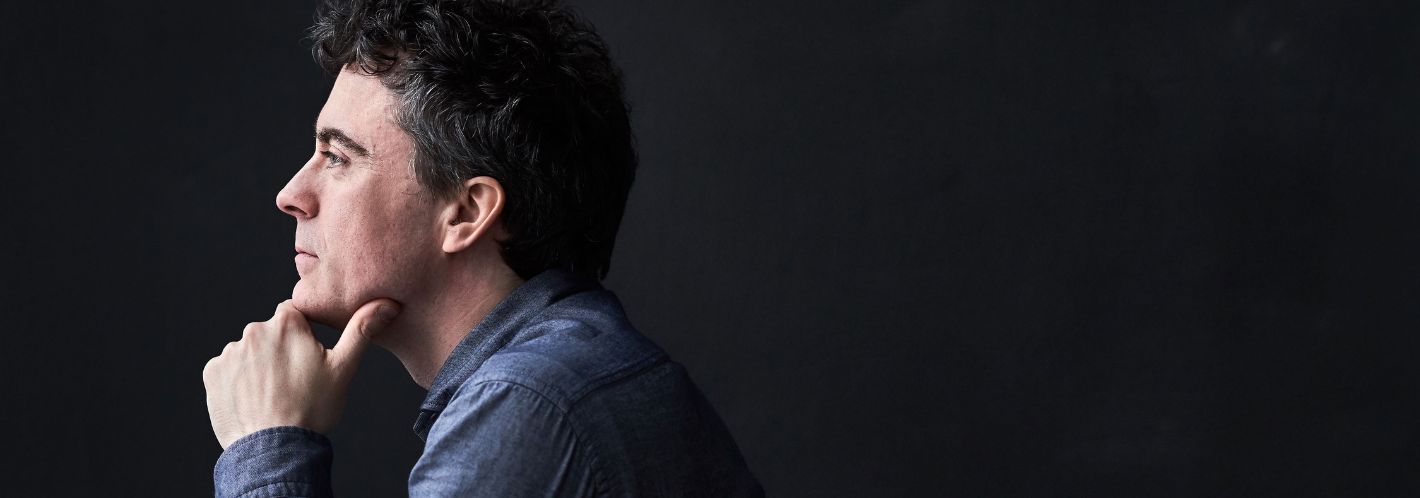
‘Simona Šaturová, a native to Bratislava just like Lucia Popp and Edita Gruberová, is nothing short of a small Mozartian miracle. She sings the part of Konstanze with such unwavering coloraturas, sensitive pianos and stylistic perfection that it will take your breath away.’ (Der neue Merker)
Simona Houda-Šaturová is a highly sought-after performer of Mozart roles and of the Italian bel canto repertoire, as well as a renowned concert singer. The highlights of recent seasons include her performance of Mozart’s trilogy (Mozart – Da Ponte) in the Théâtre Royal de la Monnaie, Brussels, in which she sang the part of Donna Anna (Don Giovanni) and made her debut as Countess Almaviva (The Marriage of Figaro), as well as her collaboration with the Vienna Philharmonic and Herbert Blomstedt, with the Munich Philharmonic and Krzysztof Urbański, with the Vienna Symphony Orchestra and Andrés Orozco-Estrada, with the Orchestra del Maggio Musicale Fiorentino and Juraj Valčuha, with the Boston Symphony Orchestra and Charles Dutoir at the Tanglewood Music Festival, with the Mozarteum Orchestra and Riccardo Minasi at the Salzburg Festival, a concert tour with the Bamberg Symphony Orchestra under the baton of Manfred Honeck and Jakub Hrůša, and with the Orchestre National de Paris and Jukka-Pekka Saraste. Concert and opera productions have taken her to the Semperoper in Dresden, the Theater an der Wien, Opéra de Rouen, Teatro Colón in Buenos Aires, the Théâtre du Châtelet in Paris, the Opéra de Monte-Carlo, the Oper Frankfurt, to Megaron Athens Concert Hall, Carnegie Hall in New York City, the Konzerthaus and Musikverein in Vienna, the Tonhalle in Zürich, the Suntory Hall in Tokyo, the Hercules Hall in Munich, to festivals held in Salzburg, Edinburgh and Lucerne, and led to working on pieces with conductors such as Christoph Eschenbach, Manfred Honeck, Fabio Luisi, Herbert Blomstedt, Ádám Fischer, Iván Fischer, Tomáš Netopil, Tomáš Hanus, Robert Jindra, Emmanuel Villaume, Christopher Hogwood and others. The opera singer is a very popular guest at the Théâtre Royal de la Monnaie in Brussels, the Aalto Theatre in Essen and the National Theatre in Prague.
Her discography is also very rich. She has recorded music for Supraphon (Martinů, Dvořák, Míča), Sony BMG (Orff, Saint-Saëns), Orfeo (Haydn’s Arias, awarded the ‘Editor’s Choice’), Accentus (Beethoven: Symphony No. 9 with Herbert Blomstedt, given the International Classical Music Award), Hänssler Classics (Haydn), Nibiru Publishers (Decade – Mozart, Mysliveček, and Ryba’s Stabat mater, awarded the Diapason d’Or) and others. Her recording of Hasse’s Requiem & Miserere (Carus Verlag) and Mahler’s Symphony No. 2 with Christoph Eschenbach and the Philadelphia Orchestra (Ondine) won an award given by German critics, the ‘Preis der Deutschen Schallplattenkritik’, and the Supersonic Award. She has recorded Eugen Suchoň’s song cycle Ad astra for the Slovak Music Fund. Her latest recording to date is Te Deum by Karol Kurpiński (with Collegium 1704 and Václav Luks NIFCCD, 2021).
Simona Houda-Šaturová graduated from the Bratislava Conservatoire and furthered her vocal education at maestro courses taught by Ileana Cotrubas in Vienna and under the tutelage of Margreet Honig in Amsterdam. She holds the Charlotte and Walter Hamel Foundation Prize for outstanding singing performance (Lübeck 2007) and the Thalia Award for the best opera performance in 2001.
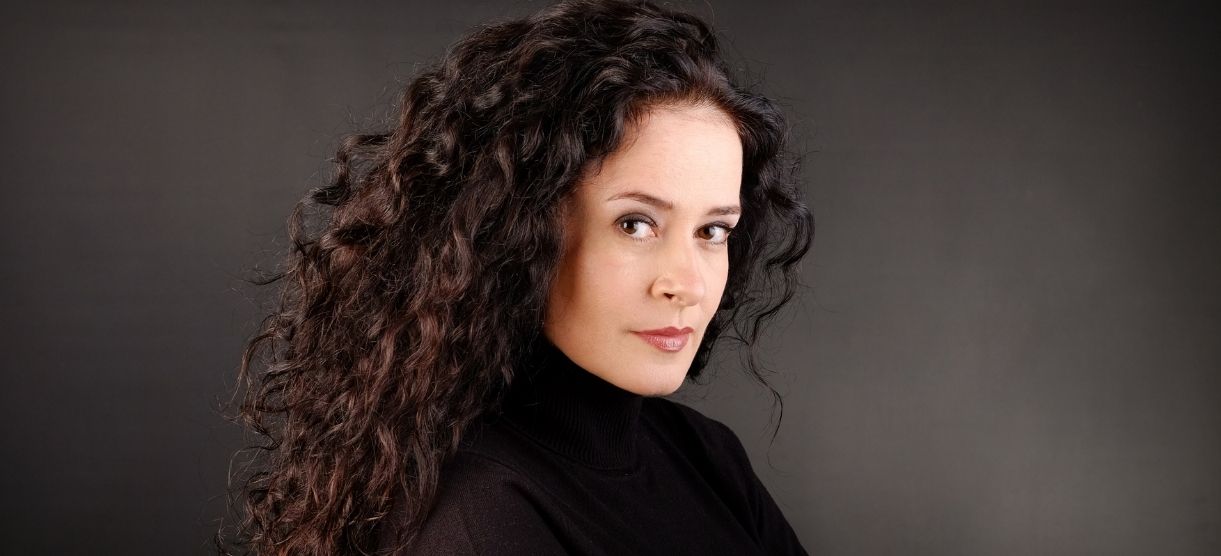
Slovak bass singer Jozef Benci graduated from the Conservatoire and the Academy of Performing Arts in Bratislava, where he studied under the tutelage of Sergej Kopčák. Since 2007, he has been regularly performing as a soloist of the Opera Division at the Slovak National Theatre in Bratislava and the National Theatre in Prague, as well as with the Czech Philharmonic, the Slovak Philharmonic and the Philharmonic of Brno.
Among his most striking roles are Collin in Puccini’s La bohème, the Water Goblin in Dvořák’s Rusalka, Ferrando in Verdi’s Troubadour, Sarastro in Mozart’s Magic Flute, Mephistopheles in Gounod’s Faust and Lucifer in Dvořák’s opera The Devil and Kate. In 2011, he was part of a concert performance of Smetana’s Bartered Bride in London, singing the role of Kecal under the baton of Jiří Bělohlávek. During the Bratislava Music Festival held in 2011, he performed at a jointrecital with Edita Gruberová, which was very well received by the audience. His concert performances of bass parts composed by Janáček (The Glagolitic Mass), Dvořák (Stabat Mater, Saint Ludmila) and Verdi (Requiem) are also of great significance.
To date, he has performed in the Czech Republic, Luxembourg, France, Romania, Italy, Austria, Poland, Germany and other countries. In 2019, he recorded a CD for Supraphon featuring Russian Romances. In collaboration with Tomáš Netopil and the Prague Radio Symphonic Orchestra, he recorded the bass part of The Glagolitic Mass for the above record label in 2014. In June 2022, he performed, with great success, as a soloist singing the bass part of The Glagolitic Mass at concerts of the Santa Cecilia orchestra under the baton of Jakub Hrůša. In autumn 2022, he was part of the production of Dvořák’s opera Armida, singing the part of King Hydraot, at the Wexford Opera Festival in Ireland.
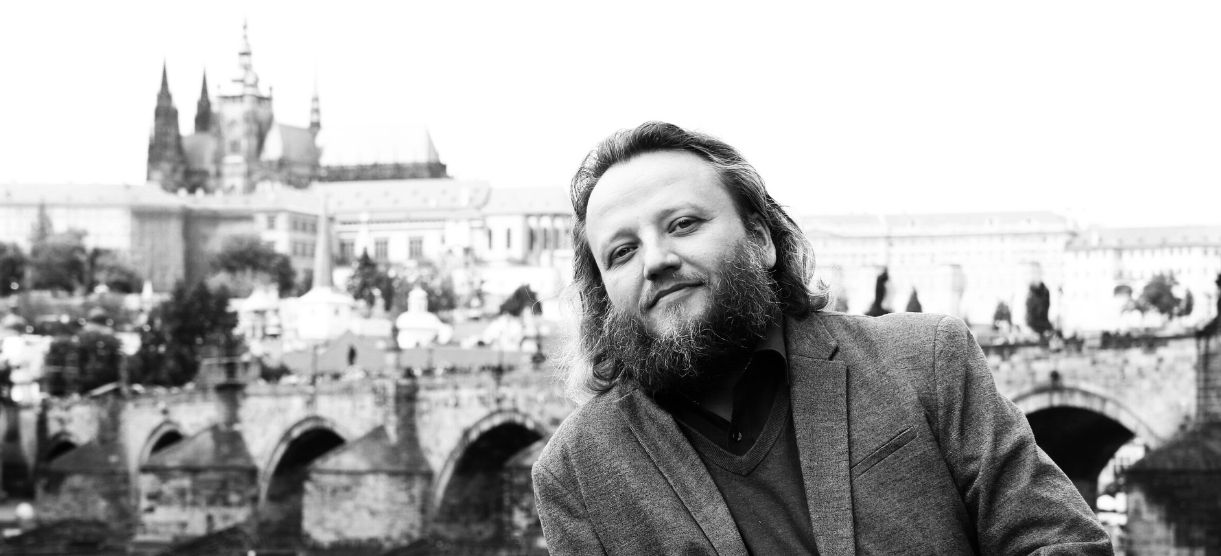
The Rudolfinum is one of the most important Neo-Renaissance edifices in the Czech Republic. In its conception as a multi-purpose cultural centre it was quite unique in Europe at the time of its construction. Based on a joint design by two outstanding Czech architects, Josef Zítek and Josef Schultz, a magnificent building was erected serving for concerts, as a gallery, and as a museum. The grand opening on 7 February 1885 was attended by Crown Prince Rudolph of Austria, in whose honour the structure was named. In 1896 the very first concert of the Czech Philharmonic Orchestra took place in the Rudolfinum's main concert hall, under the baton of the composer Antonín Dvořák whose name was later bestowed on the hall.
